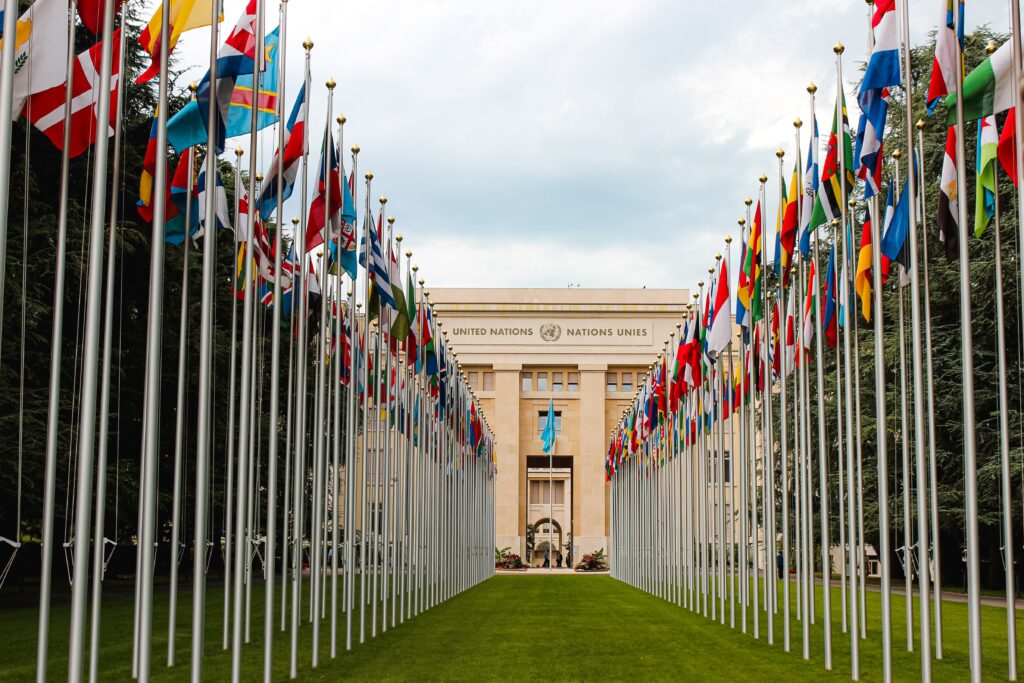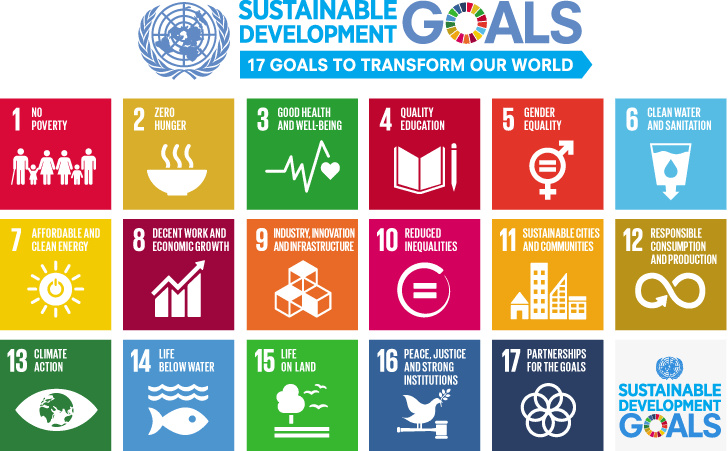United Nations SDG
In 2015 the United Nations General Assembly established this Agenda for Sustainable Development for the year 2030. It has ambitious goals that are emphasized with a new holistic and equitable approach. It is a plan of action that is hoped to be implemented in order to promote well being and prosperity of humanity.

There is a specific mention to people of the disabled community. Despite this plan being for the all human beings, there is details about how to aid the community.
There is a certain plan of sustainable development that’s disability-inclusive which outlines the exact issues needed to be tackled. The what and how of what needs to be implemented. It addresses lots of desires of the disabled community and of human decency that been fought for so long. For instance it aims to make resources more available to the community and for a diminution of discrimination. Both through legislation and policy but as well as through a culture sense too. It hopes to shift this negative mindset that hinders the disabled community. It aims to, “focus on four fronts: (1) addressing fundamental barriers causing exclusion of persons with disabilities; (2)
mainstreaming disability in the implementation of the SDGs; (3) investing in monitoring and evaluation of progress towards the SDGs for persons with disabilities; and (4) strengthening the means of implementation of the SDGs for persons with disabilities” (Disability and Development Report).
Evidently this whole SDG is very ambitious and seems to have been meticulously crafted. I’m especially happy that it wants to focus on how to help the disabled community. Upon taking a look at the Report all the concerns match the needs and really aims to make take a first step towards making things equal. Although the goals may seem rather obvious it’s a good sign of the intention and how it is really going to lay down the important ground work policy. They even mention how change is influenced by policies, ergo there are tying to end discriminatory policies toward disabled people.
Yet even in this great report that is really going to help the rights of disabled communities all over the world, there are still some issues. Underlying bias perhaps that could hinder longer term events.
As one of the big four fronts of “fundamental barriers causing the exclusion of persons with disabilities need to be urgently addressed:
discriminatory laws and policies….rehabilitation, and lack of measures to promote the independent living of persons with disabilities” (Disability and Development Report).
I think that the push for all these health care resource for the disabled is great. And yet I hope that their mindset won’t be so detrimental in the future. There aim seems to be swayed to make all disabled person completely independent as a way to signify ultimate success. There is still this negative view of dependency. As illustrated in Eva Feder Kittay ‘s research paper on The Ethics of Care, Dependency, and Disability, she illustrates a great point about the perceptions of care. The idea of care is often viewed as a hinderance and showing a lack of growth. Or the ultimate goal or stage of a person. When in reality as Kittay points out, people are constantly in a state of dependence. And there is nothing wrong with that. There needs to be a new view about how care is seen; that being care is something that is beautiful. A giving relationship of the cared for and the carer. Every human at the end of the day needs help. That’s part of being a human being and it needs to be embraced for what it is. It a process and part our human lives and needed for growth & survival.


